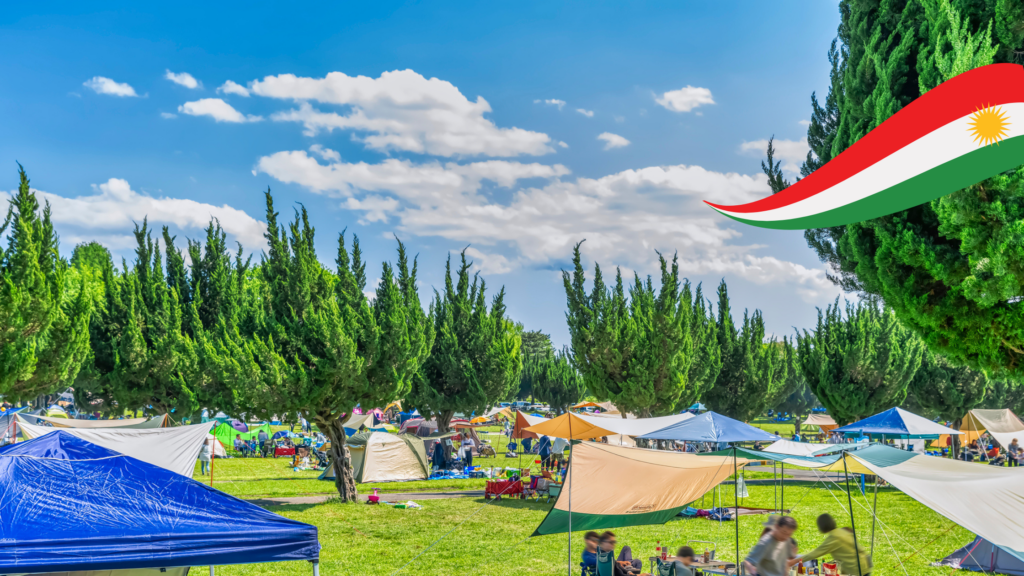[ad_1]
Problems are heating up between local officials in Kawaguchi and Saitama and the area’s large Kurdish population. At one point, Saitama city officials threatened to ban the Kurds from using a park for their Newroz festival in March after complaints from locals. Meanwhile, it’s come out that the mayor of Kawaguchi has been weighing proposals that would crack down on “lawbreaking” Kurdish residents while benefiting others.
Festival feud

Officials received demands to ban Kurds from using a public park from locals citing concerns. Last July, riot police swept in after 100 Kurds gathered around a local hospital. Hospital workers were treating the victim of an attempted murder by a Kurdish male
“We got calls saying, ‘Don’t lend the park to Kurds’” beginning on January 4th, a director at the Saitama Park and Greenery Association tells Tokyo Shimbun.
The Akigase Park is public property of Saitama Prefecture. The Japan Kurdish Cultural Association has held its March Newroz festival three times since 2018.
This year, some locals pushed back in remembrance of last July’s hospital incident. The Turkish government also designated the Japan Kurdish Cultural Association as a supporter of terrorism. The government alleged the group had links to the Kurdistan Workers’ Party (PKK), a Kurdish militant political organization.
Over fear that the Newroz festival’s folk music included pro-terrorist lyrics, officials initially banned the celebration outright. They apologized and relented but, on January 23rd, said they would ban instruments from the celebration out of fear that performers might endorse terrorism in their lyrics. Playing recorded music, however, was okay.
In angered response, the Kurdish support group HEVAL argued the conditions were unacceptable. Officials are now reconsidering the music instrument ban.
Advertisements
Deport or support?

As the scrutinizing eyes of locals refocus again on the Kurdish community in Kawaguchi, NHK redirected its focus to Mayor Nobuo Okunoki’s letter of three demands to the central government in September 2023.
The letter proposes measures against karihomen, or foreign nationals in Japan on provisional release. Many Kurds who fled to Japan to escape persecution fall under karihomen status. The measures include:
1. Take stringent measures based on the law against foreigners who commit illegal acts. This can include mandatory deportation.
2. Grant karihomen employment to maintain living standards at the bare minimum within the city.
3. For those who struggle, determine whether they should receive access to administrative services within the immigration control system.
Karihomen are beyond prison walls but are nonetheless shackled to a life of exile. They are banned from employment, accessing healthcare, and other social benefits.
The letter by Mayor Okunoki is a cry to remove karihomen out of the grey zone of illegal work, sorting them into black-and-white statuses: either deportation or legal integration.
The mayor further said, “I’m filled with discontent against the state. The government doesn’t even release the percentage of karihomen who return to their home country. It’s unconscionable that they neglect everything and leave the municipalities to deal with it.”
Sources
クルドの祭りに「県の公園貸すな」 音楽が「テロ賛美」指摘も、トルコがPKK支援団体指定. 産経新聞
「演奏は全面禁止」の根拠はあいまいだった…クルド人の春の祭り制限問題で埼玉県公園緑地協会 許可を検討. 東京新聞
埼玉・川口市がクルド人めぐり国に異例の訴え なぜ?現場で何が?. NHK
[ad_2]
Source link



